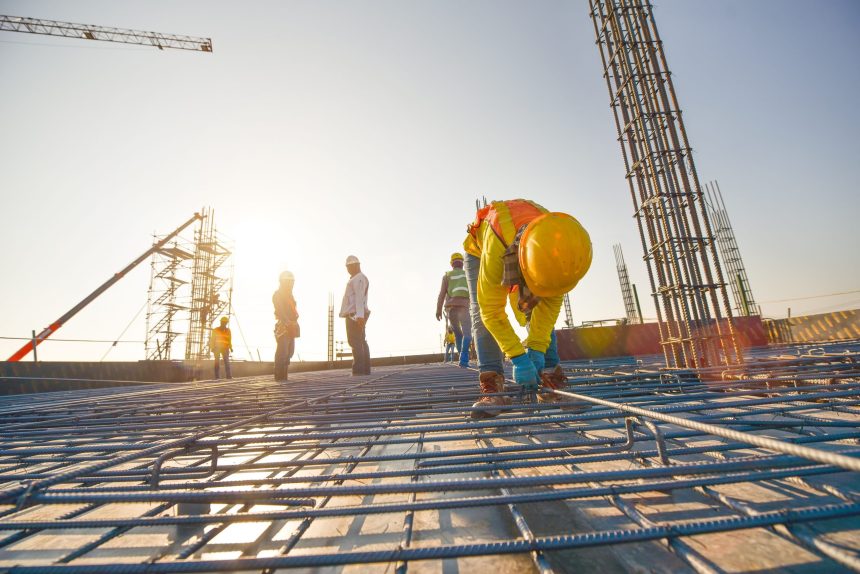Africa’s skylines are rising fast. From highways to power plants, ports to housing estates, a wave of construction is sweeping the continent, fuelled by rapid urbanisation, industrial growth, and a swelling population. This transformation is reshaping economies and creating one of the world’s fastest-growing construction markets.
The sector, currently worth an estimated $200 billion, is expected to expand to $300 billion by 2032, according to new figures from Afreximbank. Nigeria alongside Algeria, Egypt, Tanzania, and Ethiopia will drive more than half of this growth, with Nigeria standing out as the continent’s most dynamic and influential player.
“Africa is undergoing a transformation,” said Anthony Coleman, Director of Development Research at Afreximbank, during the 4th Intra-African Trade Fair in Algiers. “Population growth, rapid urbanisation, and the push for energy sufficiency are combining to reshape the construction landscape.”
The surge is not isolated from global dynamics. Stagnant growth in Europe has slowed the global construction sector, but the geopolitical fallout of the Russia-Ukraine war has redirected focus toward energy security. That shift has driven demand for liquefied natural gas infrastructure and reconfigured logistics networks trends that are fueling additional construction opportunities in Africa.
“We are seeing companies rethink supply chains and governments invest in energy infrastructure,” Coleman explained. “This has created a ripple effect across African markets.”
Yet the boom is uneven. North Africa dominates, with Algeria and Egypt together accounting for almost one-third of activity in the region. Central, East, and West Africa are beginning to show promise, with Cameroon and Rwanda emerging as bright spots. Still, most countries face a wide infrastructure gap, particularly in transport, energy, and housing.
“The need is clear,” Coleman said. “To keep up with economic expansion, we must match it with roads, ports, power plants, and homes.”
Despite the impressive numbers, African contractors remain largely absent from the biggest deals. Afreximbank’s research revealed that limited technical know-how, weak financing options, and poor visibility of opportunities prevent many local firms from securing government and donor-funded projects.
“Many contractors simply don’t know where the opportunities are,” Coleman noted. “And when they do, they often lack the support needed to win.”
Government agencies voiced parallel concerns, citing doubts over local firms’ ability to deliver at scale and highlighting restrictive financing rules that tilt in favour of foreign companies. “Sometimes the obstacle is written into the financing terms themselves,” Coleman emphasised.
To address these barriers, Afreximbank is launching a centralised digital platform to improve project transparency and access. It is also investing in capacity-building programmes to strengthen the financial, operational, and technical readiness of African contractors.
Perhaps most crucially, the bank is pressing governments and funding partners to reform procurement policies to ensure African EPC firms are directly involved in the continent’s infrastructure build-out.
“We want these projects to be African-led and African-delivered,” Coleman said. “That is how we build resilience and ownership.”
Kanayo Awani, Executive Vice President of the Intra-African Trade Bank, reinforced this point, stressing that local firms play a more strategic role than is often recognised. “Most African EPCs are not merely contractors,” she said. “They are development enablers and key partners in overcoming the financing challenges facing the continent.”
Businessday



